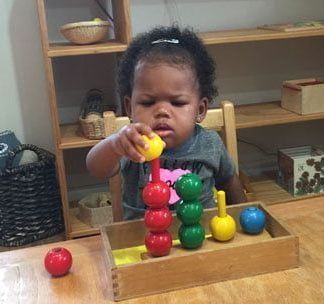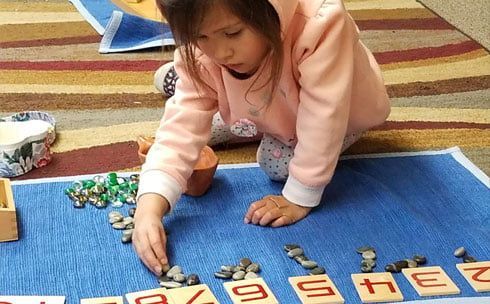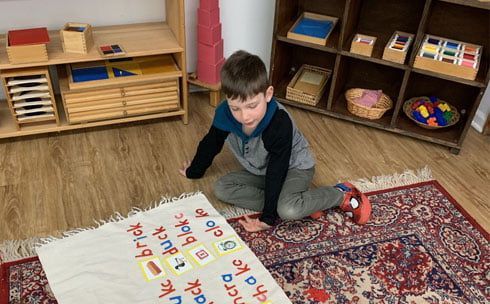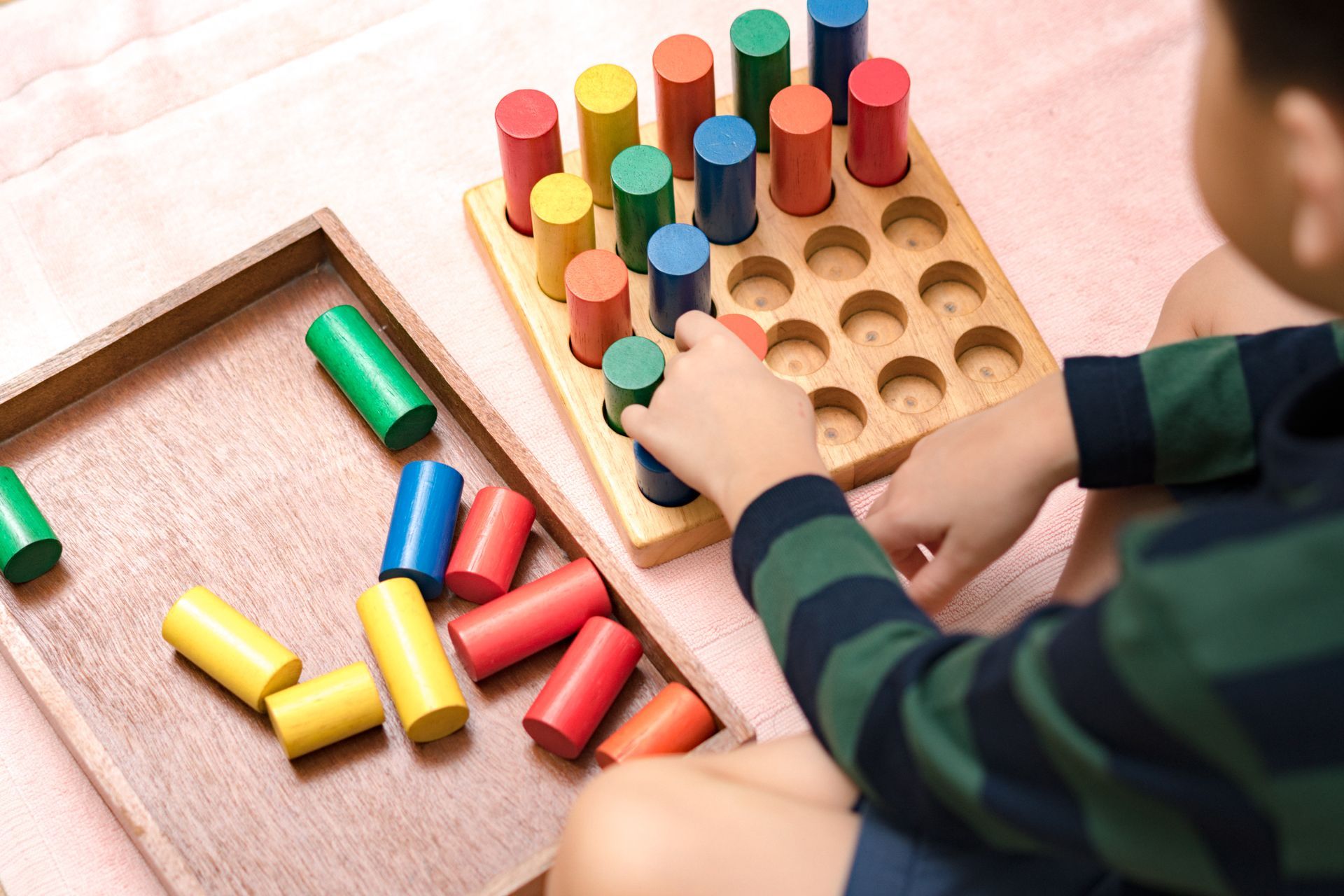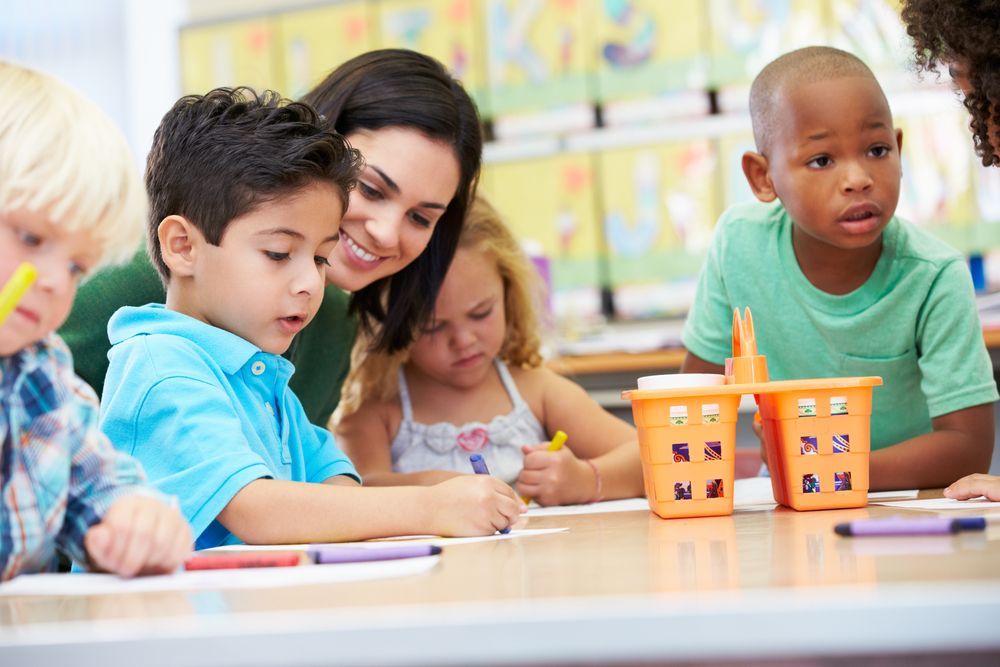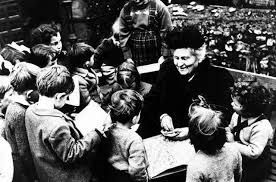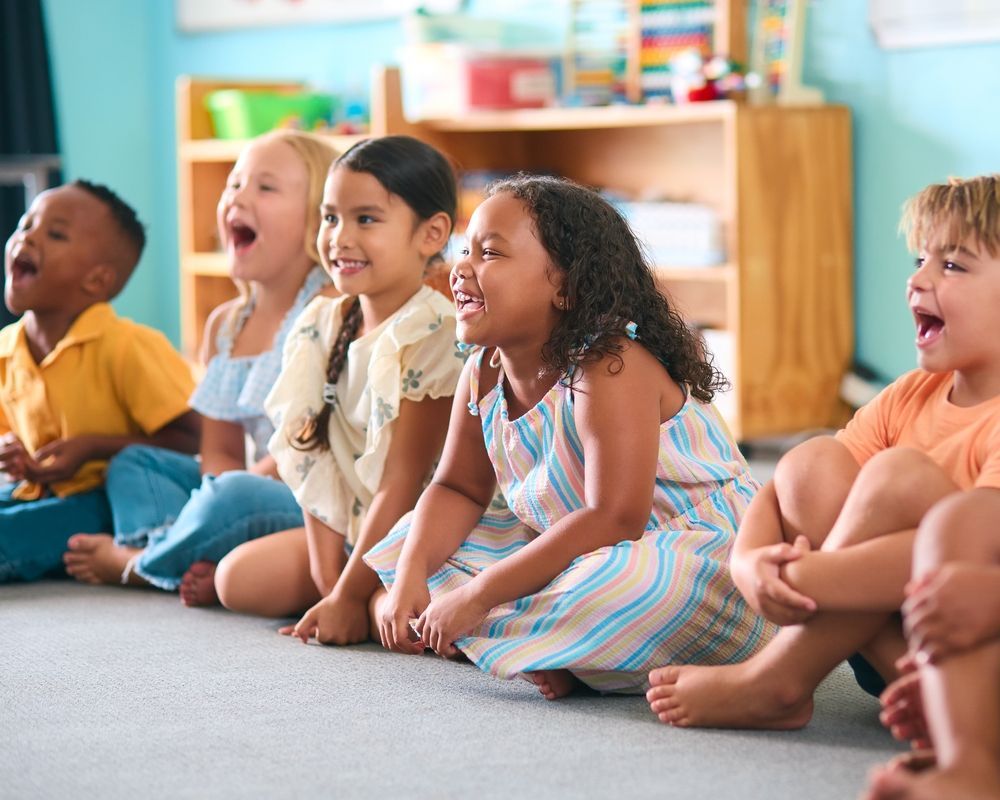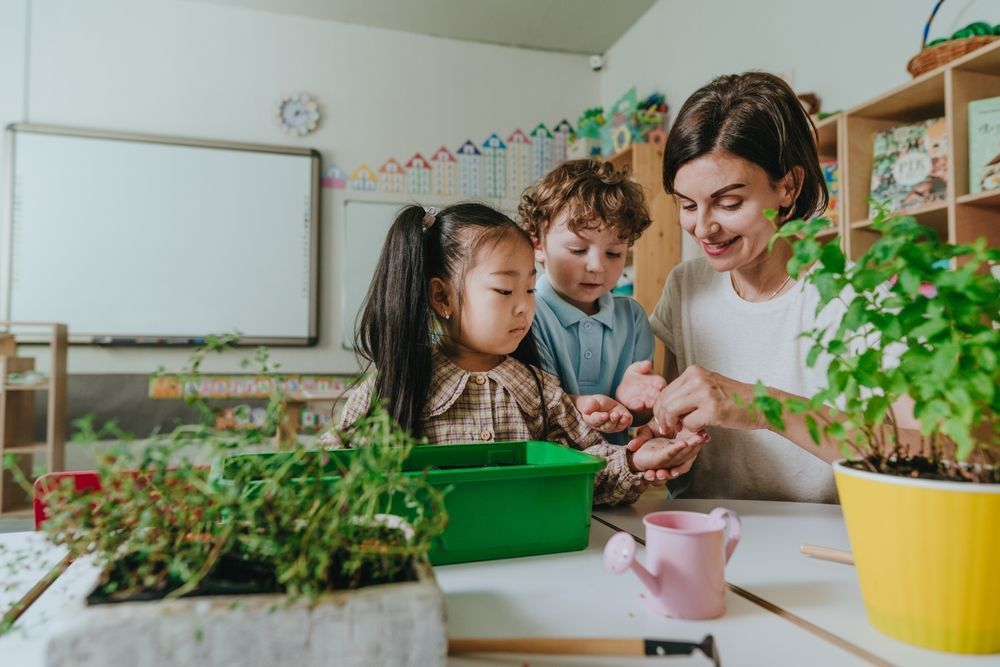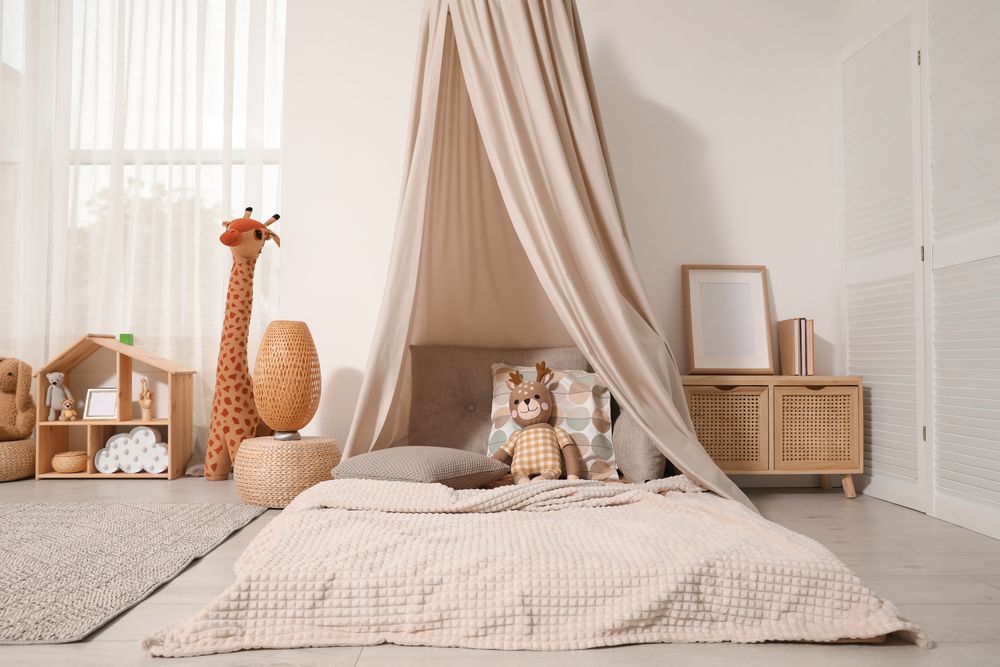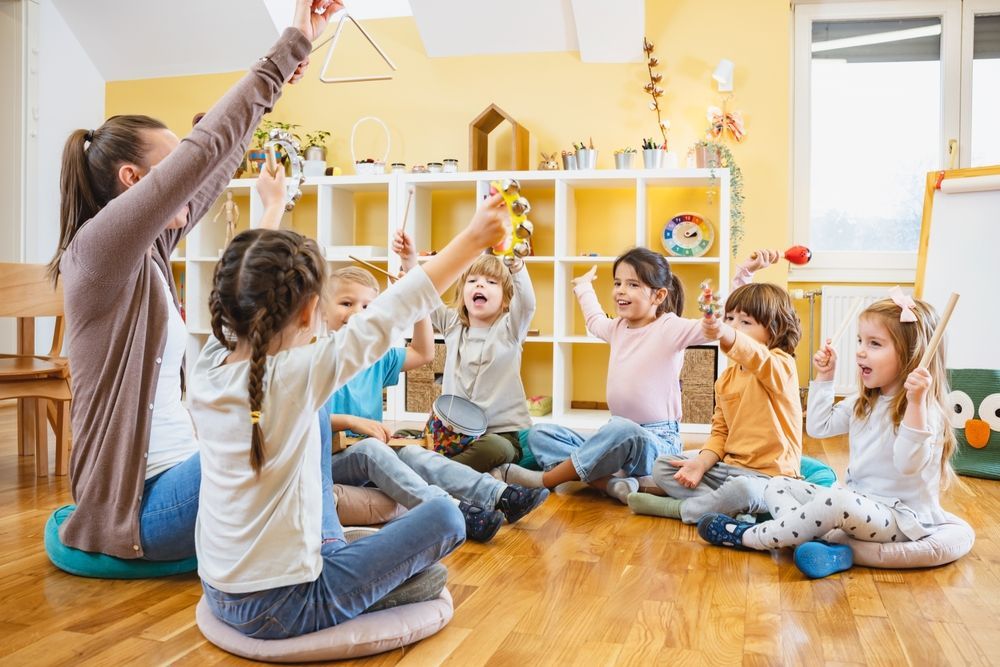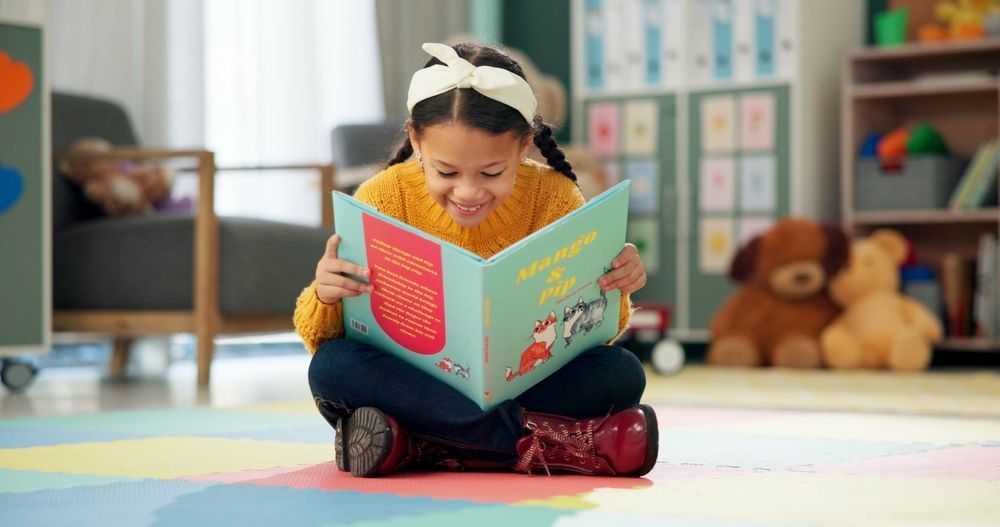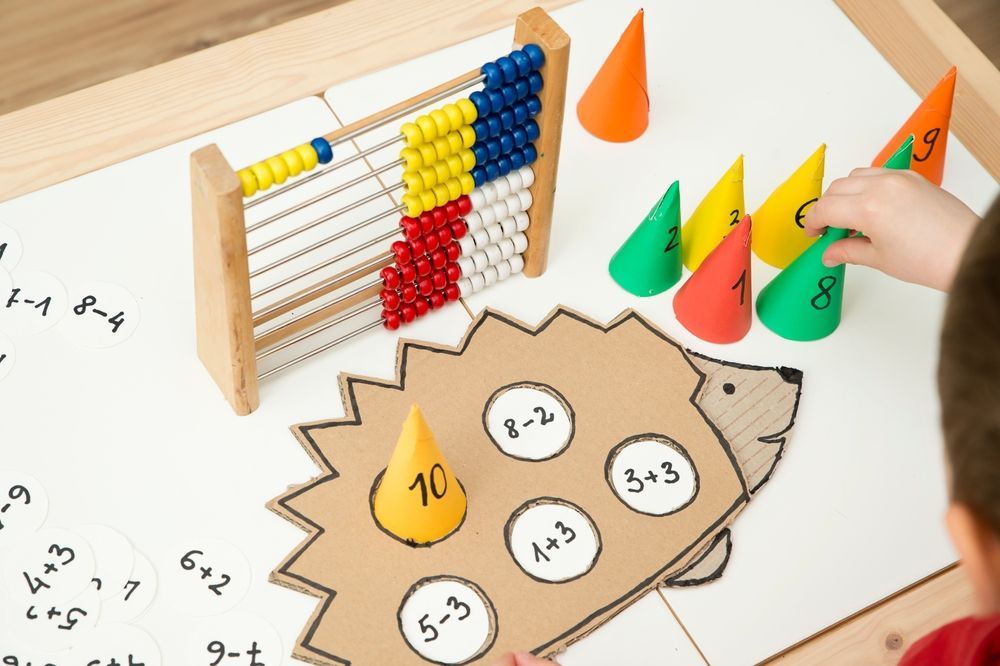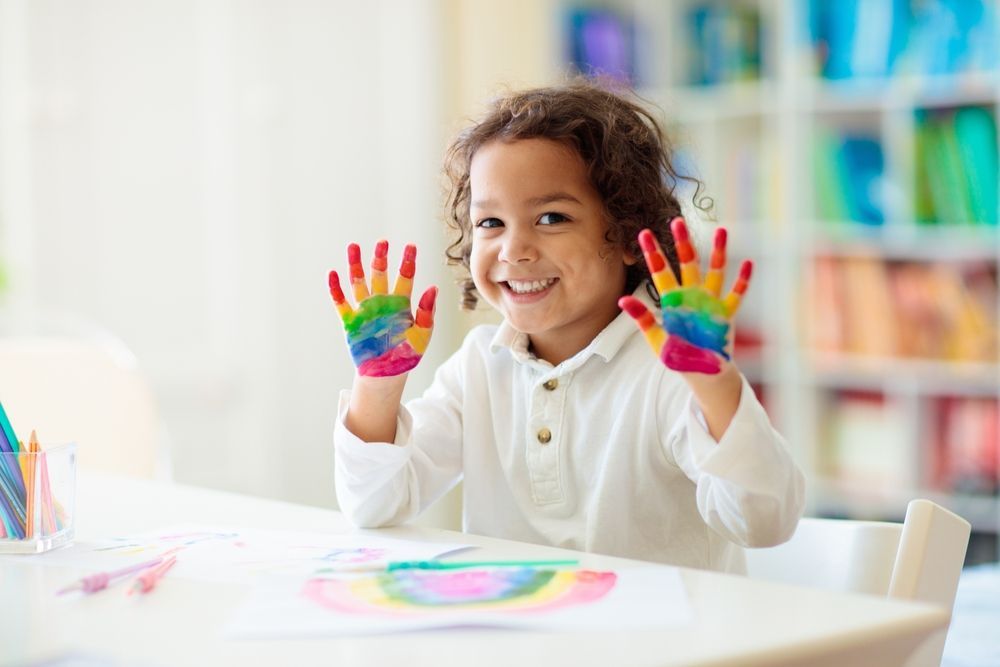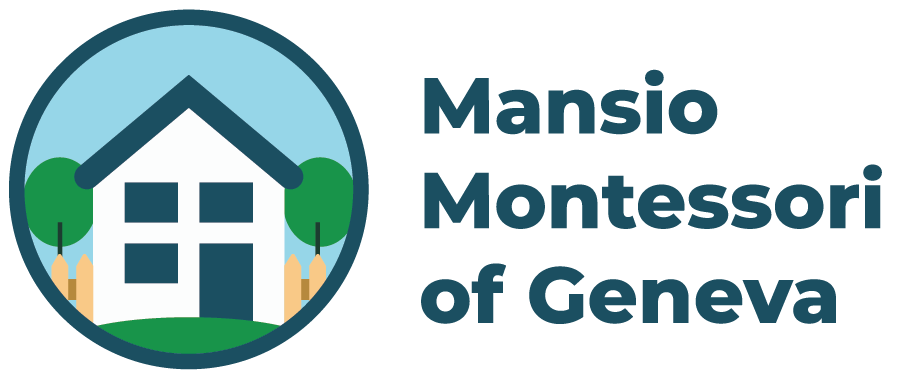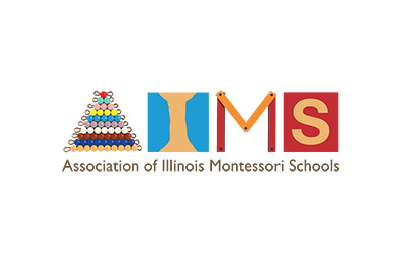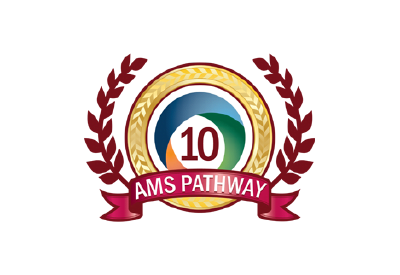Is Montessori Good for Children with ADHD?
Share this Article:
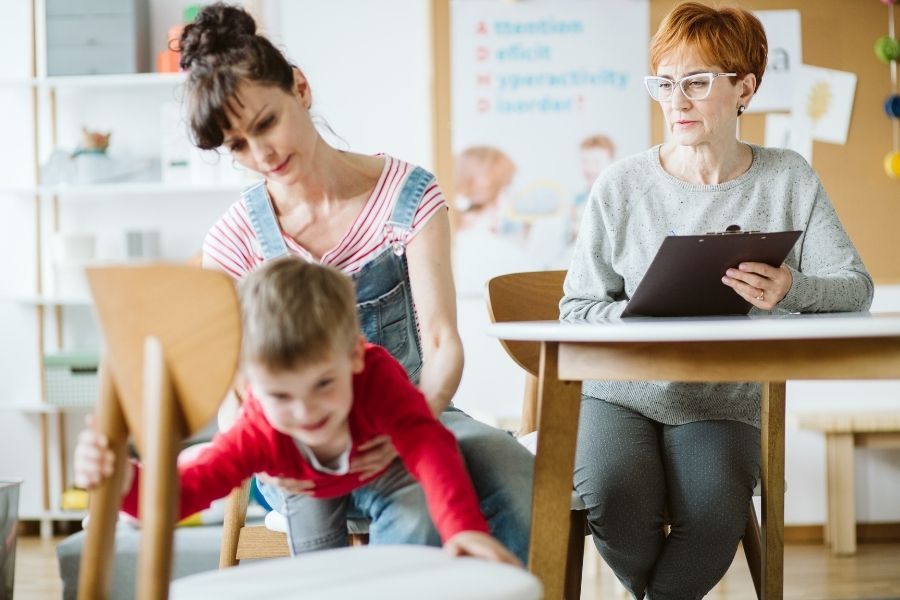
Montessori education follows a significantly different format than mainstream education. For students with ADHD who may have difficulty meeting the demands of traditional education, this approach could be life changing.
A traditional classroom typically moves from one topic to the next with fluidity, expecting that children will be able to make adjustments to what they are learning, thinking, and experiencing along the way. These classrooms can often be very difficult and limiting to a child with ADHD who can become easily distracted and may struggle to remain on task. For some, the Montessori approach offers a different way to learn because the setting is much different.
Montessori and ADHD
Is Montessori good for ADHD? Montessori is a different method of teaching. Instead of a formal schedule of classes that students follow one after the other, Montessori bases education more fully on self-directed activities . Instead of children sitting and listening to instruction, there is more hands-on learning and more opportunities for collaborative play. Children in these classrooms have more choices about what they learn and when they learn it. Though they still gain an excellent education, the method of achieving those high expectations is less rigid, therefore allowing the child to be less constrained during the education process.
More so, children learn in groups and individually. They discover topics that interest them and can pursue those topics as much as they would like. This allows the child to develop a greater level of knowledge and, in some situations, makes learning more enjoyable rather than a battle.
Benefits of the Montessori Method
Not every child fits into a traditional classroom. Some with ADHD may not fit into a Montessori program. However, many students with moderate and even severe ADHD symptoms may find that the Montessori method is more effective and provides more opportunities. Some of the benefits include the following.
Purposefully Minimizing Distractions
Distractions are by far one of the biggest limitations that ADHD children have in a traditional classroom. For most people, it’s hard to see how much the environment they are in is distracting. For a child with ADHD, many things can be distracting, from the movement of papers from the wind to the feeling of the carpet under their feet. Sometimes bright colors and a room full of artwork can be distracting to a student with ADHD.
Because those with ADHD have a sensor input that is different from others, they may struggle to stay focused when there are so many things to look at and think about in a traditional classroom.
That is not the case in a Montessori space. These spaces are specifically designed to reduce these types of distractions. That’s because this method of learning does not focus on overstimulation like traditional classrooms. Instead, it has a focus of simplicity.
Many times, classrooms have fewer colors or more neutral palettes to help avoid distraction. There are also fewer things in the space that could spur questions or distraction. By removing this, it is possible to:
- Help encourage children to focus on the topics at hand
- Reduce anxiety and frustration often typical of a busy space
- Avoid the onset of frustration when a child cannot absorb everything around them
Learning at Their Own Pace
One of the other key benefits of Montessori for ADHD is that it allows children to learn at their own pace. Often, children with ADHD thrive when they are able to focus their education on one thing or one concept at a time. Instead of nine classes throughout the day, a child with ADHD is able to focus heavily on just a few topics.
In a Montessori program, children work and explore different areas of the classroom over time. Often classrooms are divided into separate areas. One may be for language arts, while another is focused on math. Children can choose an activity that interests them and stay with it until they want to move on to the next topic.
This is beneficial because children with ADHD typically need more time to become familiar with and acclimated to a project because they can really comprehend and take it in fully. If they are rushed about, they are not able to capture that level of understanding.
Isolating Concepts
Montessori also helps students to focus on just one concept at a time. Children learn effectively, and they cover all of the same types of topics. However, they are able to move through concepts one step at a time, focusing on learning just one thing at a time.
Each task in a Montessori program is presented separately. Students have time to engage with the concept, often in various ways, and learn it fully. This often makes it possible for them to truly engage in their learning processes and get more information about a course. By contrast, a child in a traditional classroom may be given 40 minutes to understand a topic before having to move on to the nest.
Is Montessori Right for My Child?
It’s not always easy to know if making a move like this is right for your child. Is Montessori good for ADHD? Many children with ADHD thrive in this environment. There is still a lot of work to do. Children will need some time to adjust to it as well.
Yet, for many students, learning in this method offers incredible opportunities. It provides a less stressful environment for that learning to occur. Removing the stress, the distribution, and the feelings of frustration make it easier for anyone to learn. When a child’s learning environment best matches their style of learning and creates the ideal scenario for taking in information, they are more likely to be successful.
Explore the Opportunities Available to Your Child
Mansio Montessori could change the way your child learns. It may even help them learn to love school and learning as a whole. Mansio Montessori wants to help you. We provide educational opportunities for children from 15 months through 5 years. To learn more, contact us now to learn more about the programs we offer.
